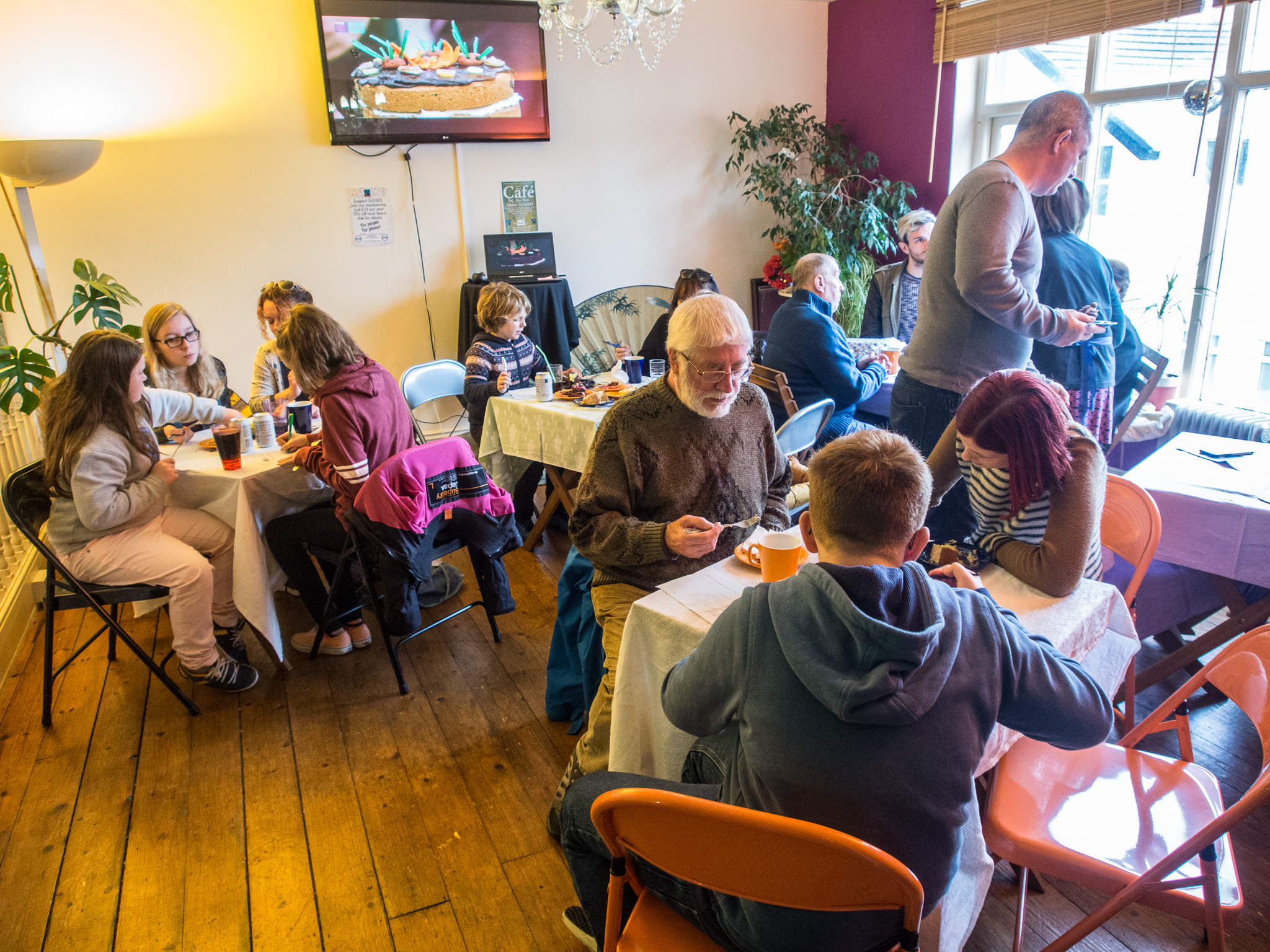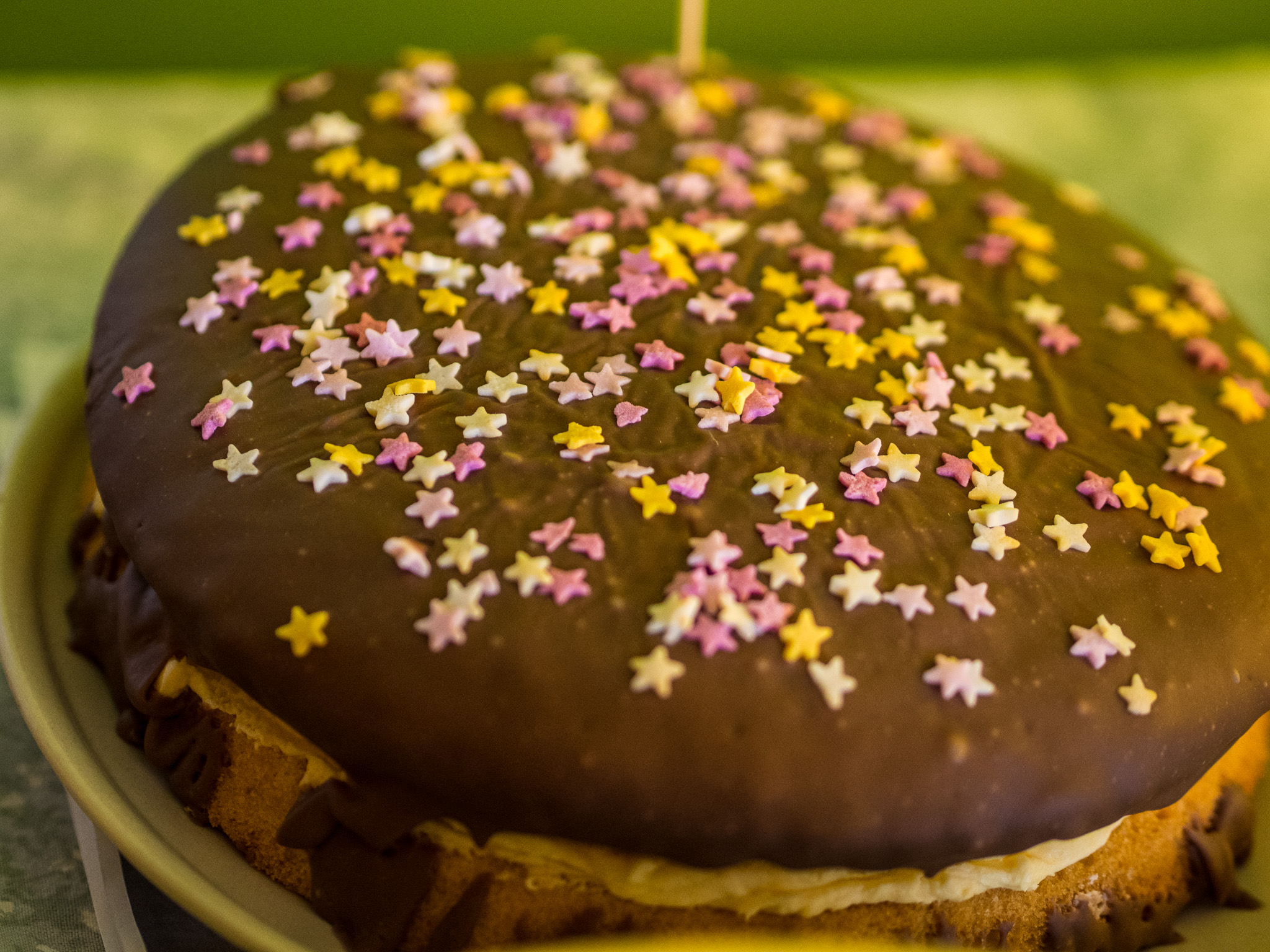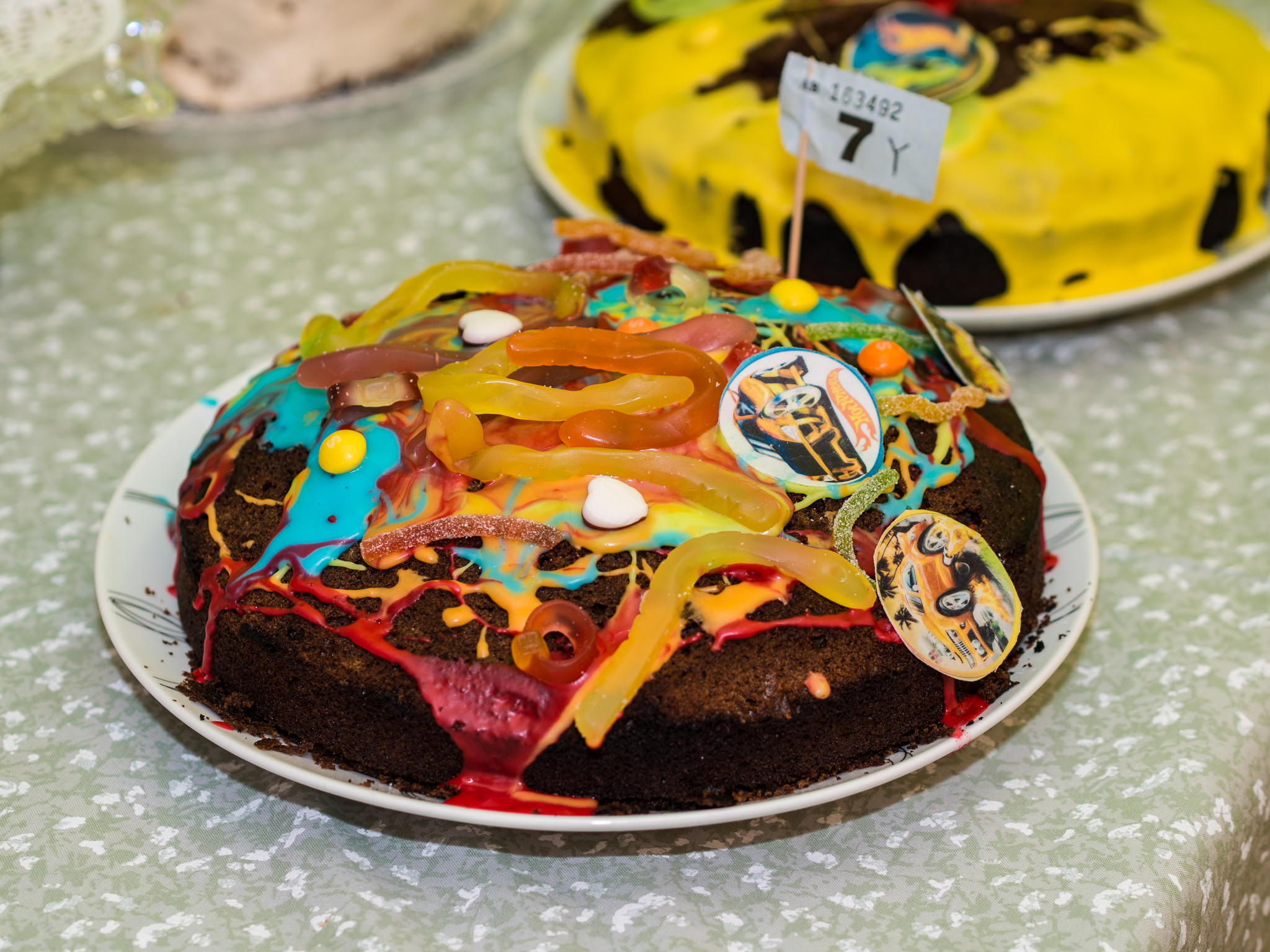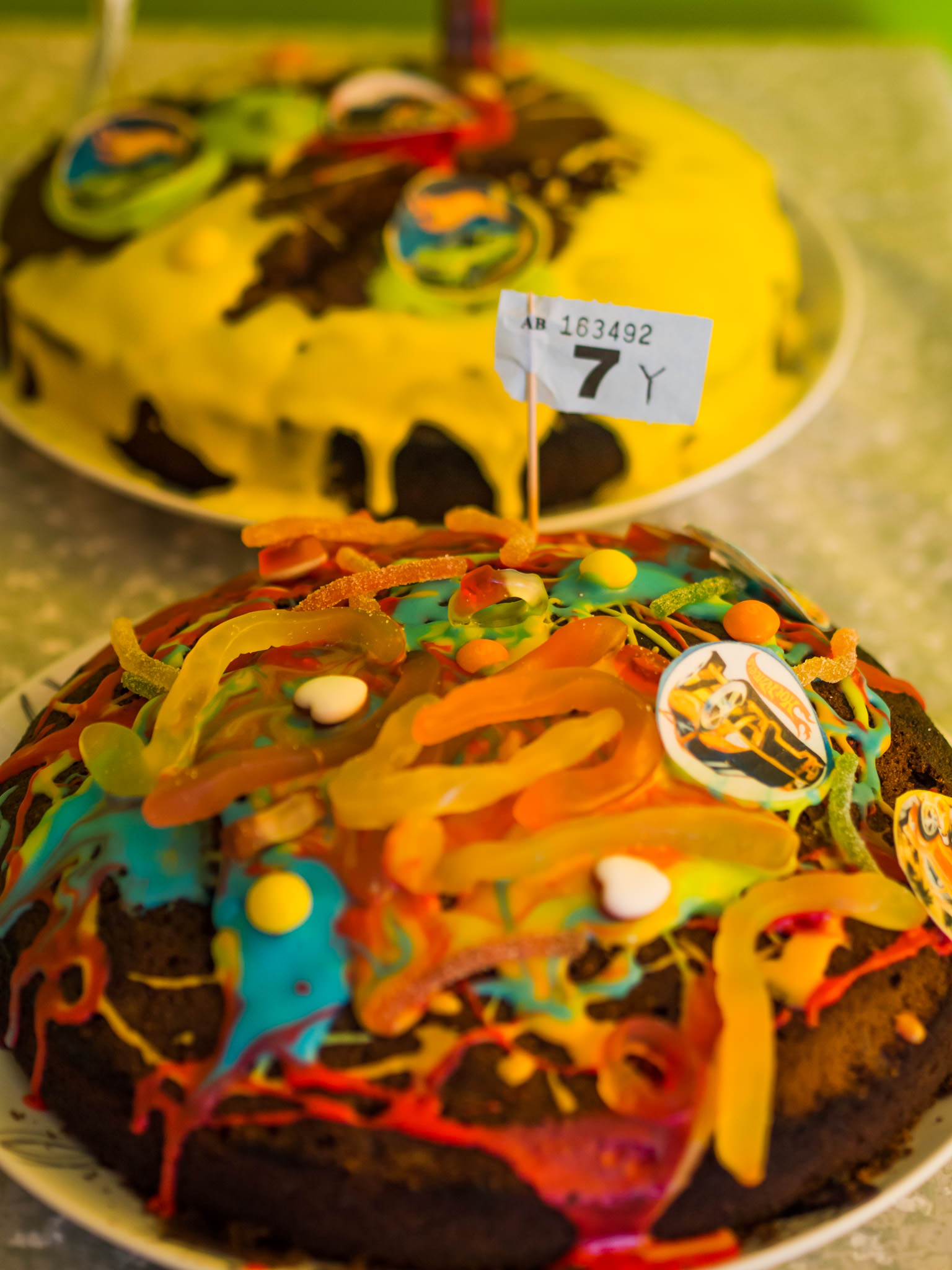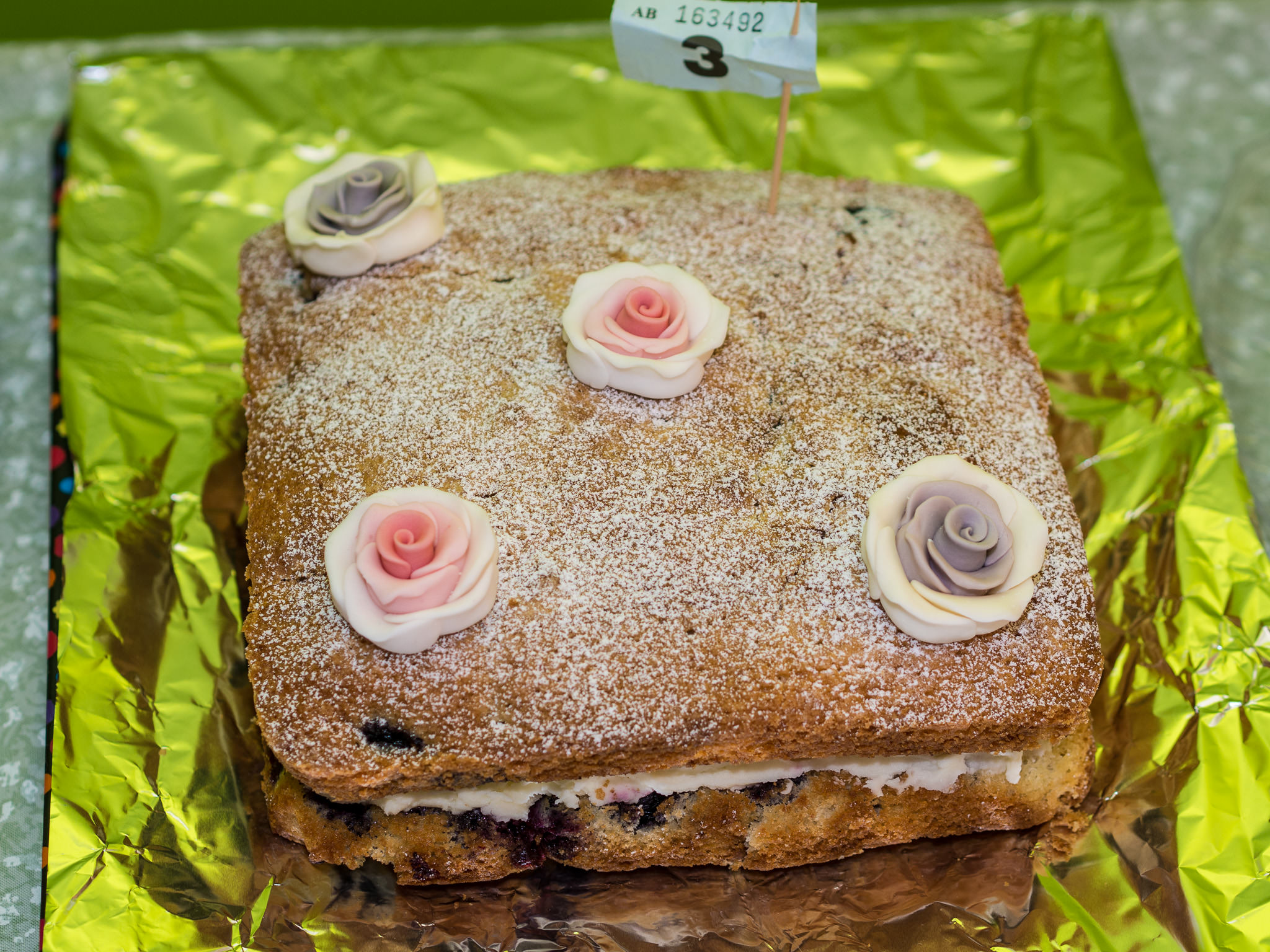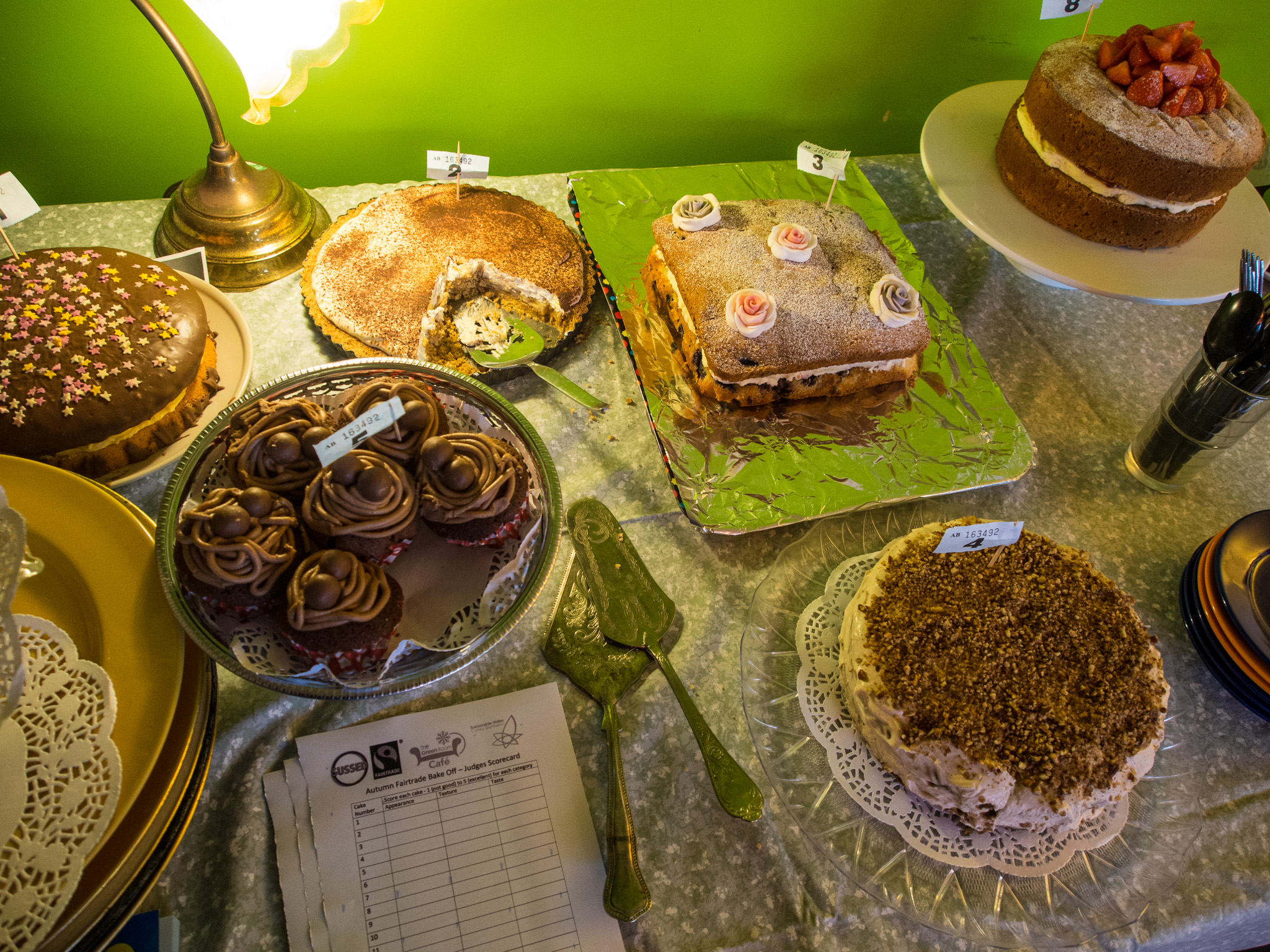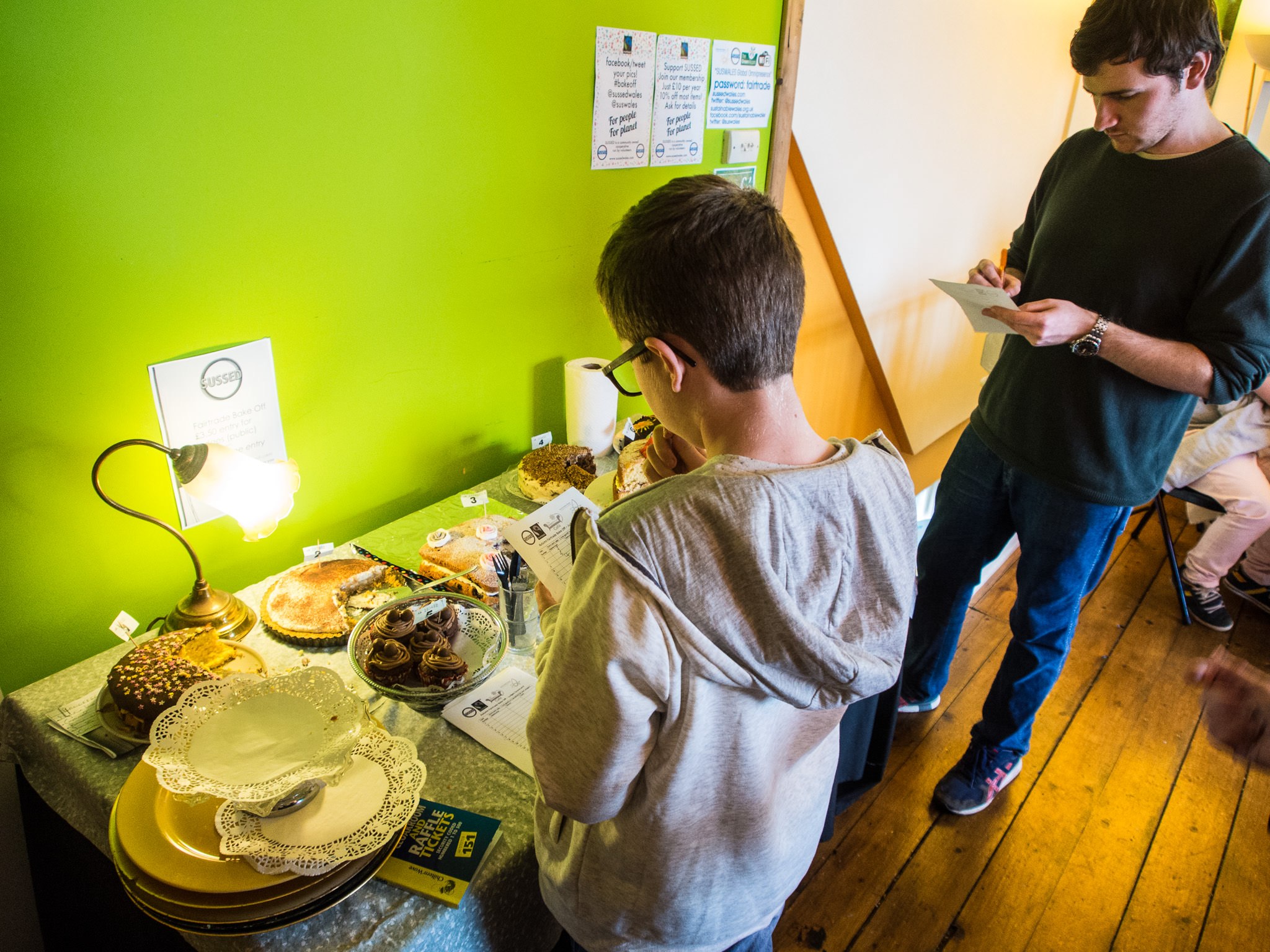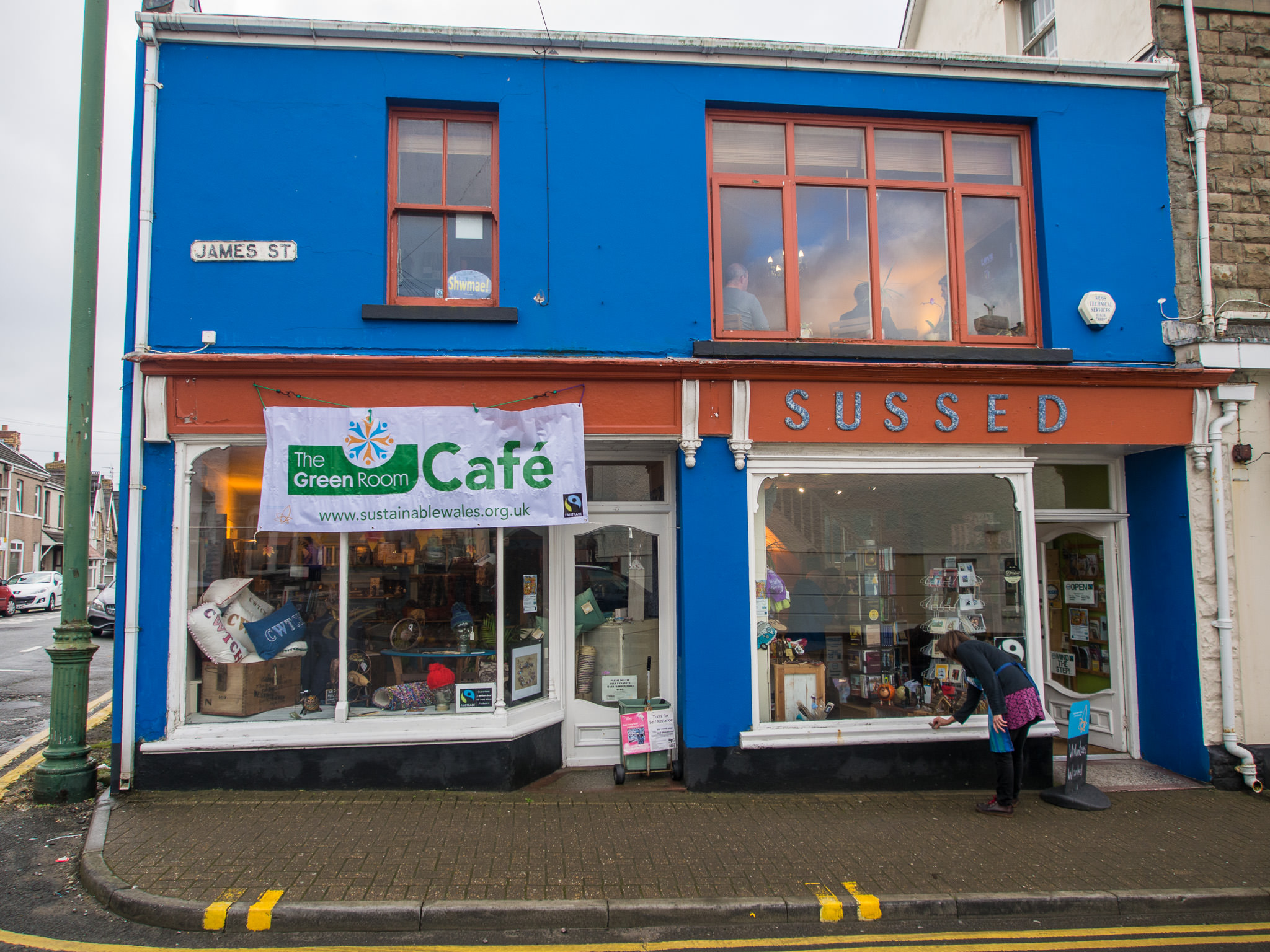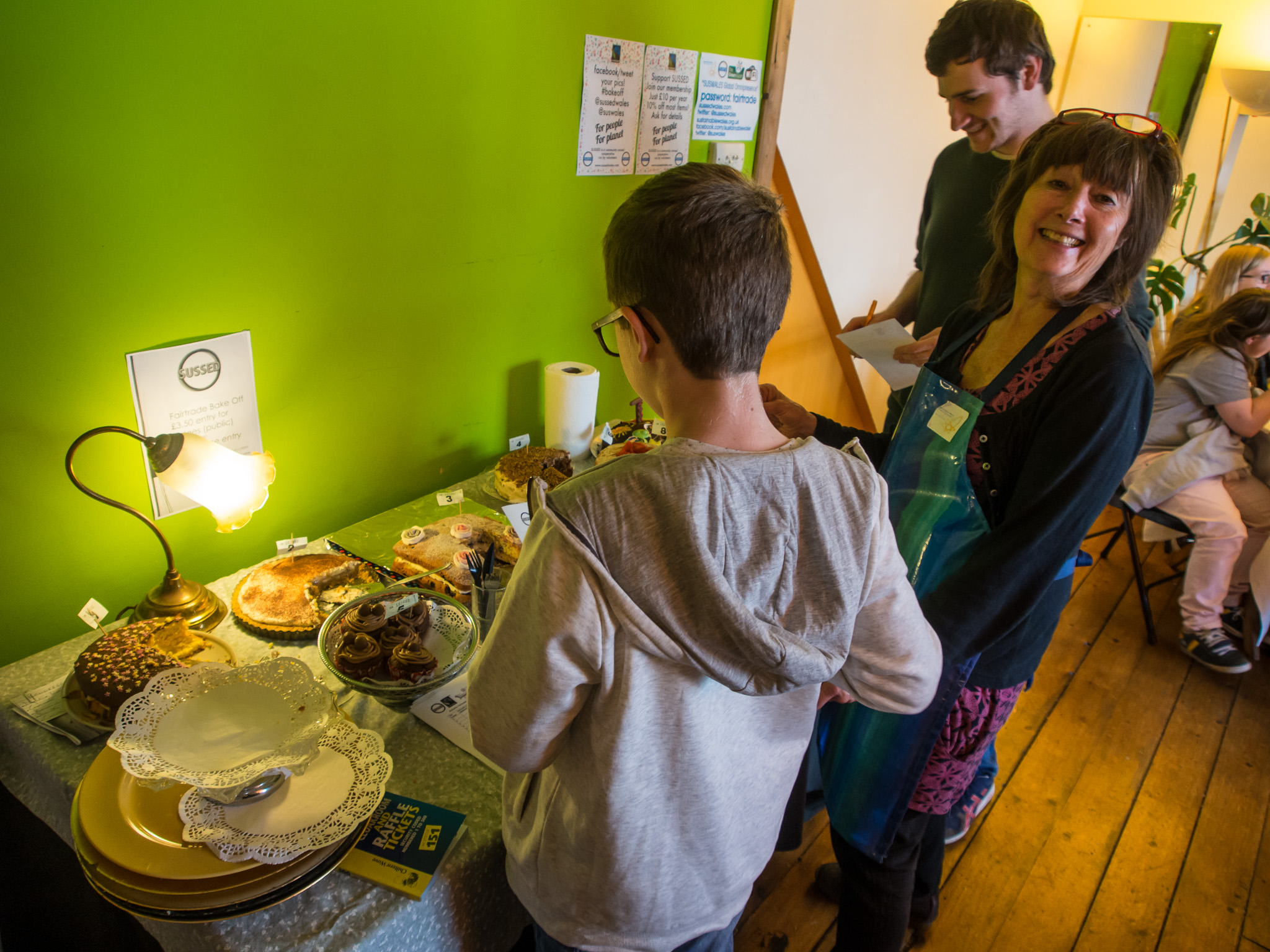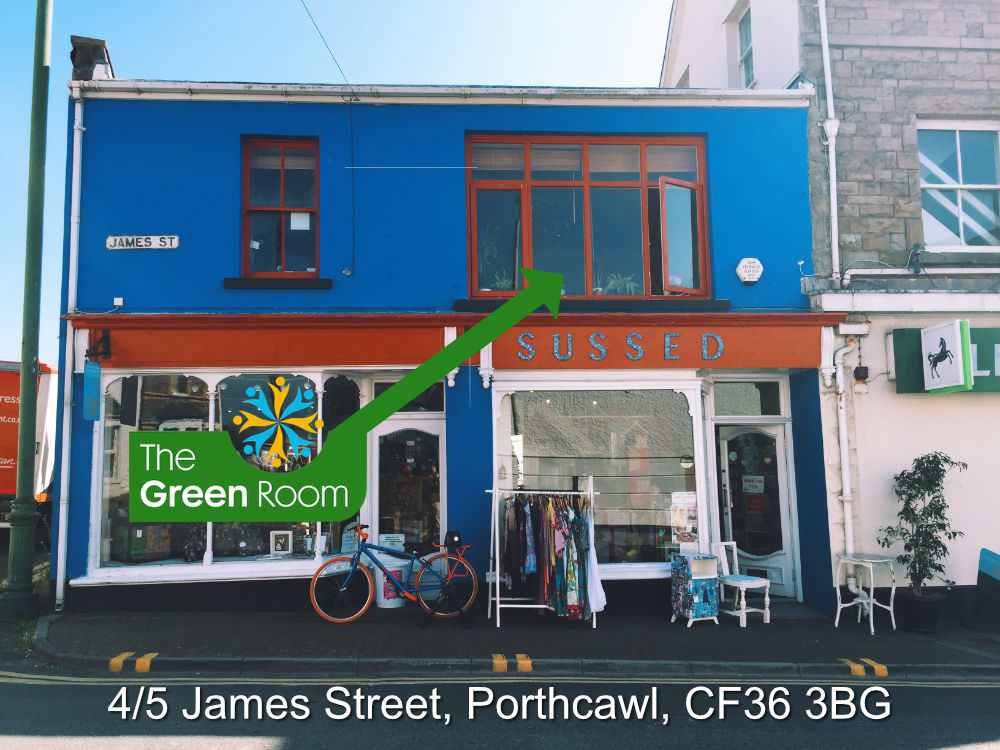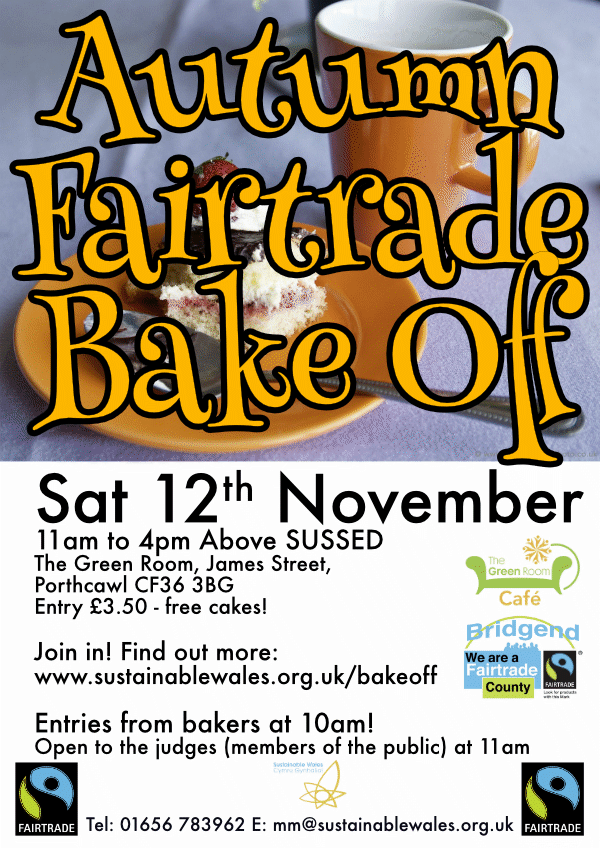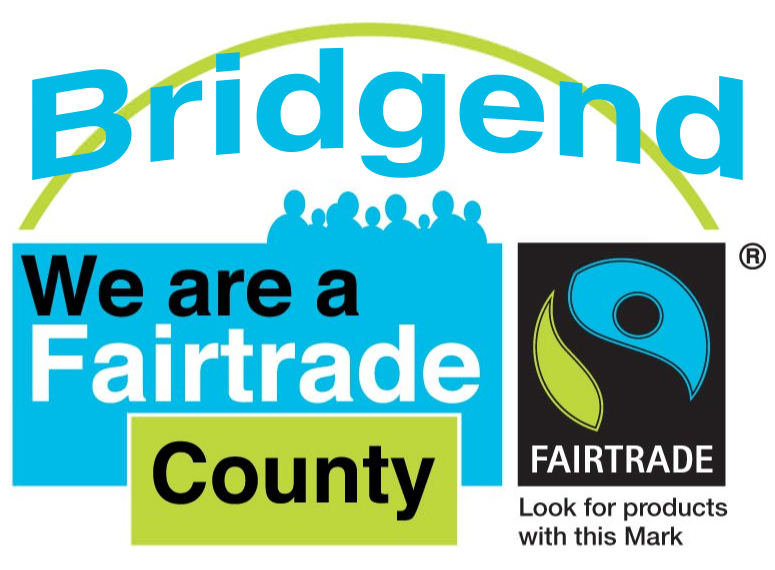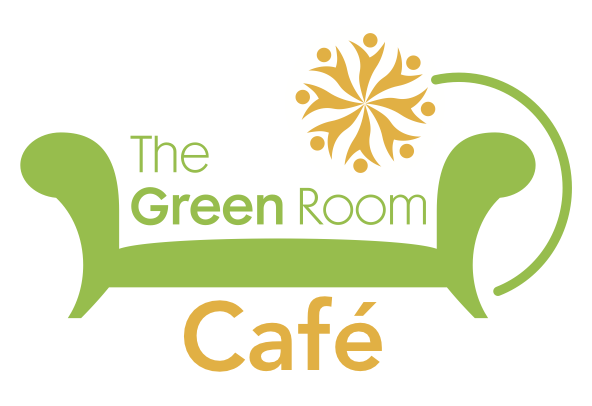A HAPPY PESSIMIST? AN INTERVIEW WITH JOHN BARNIE.
IN SEPTEMBER / OCTOBER 2016 ROBERT MINHINNICK INTERVIEWED JOHN BARNIE FOR PUBLICATION BY ‘SUSTAINABLE WALES’ AND ‘NEW WELSH REVIEW’.
Featured in Welsh Arts Review "Highlights of the Year 2016" - an appreciation by Robert Minhinnick of John Barnie's new work Wind Playing with a Man’s Hat (Cinnamon, 2016)
John Barnie
John Barnie is a poet, essayist, writer of memoir and the former editor of ‘Planet: the Welsh Internationalist’. Born in Abergavenny in 1941, he lives near Aberystwyth.
Your latest poetry collection, from 2016, ‘Wind Playing with a Man’s Hat’ (Cinnamon) states that you published ‘War in Medieval Society’ in 1974. Why did you stop writing historically or academically? And were you writing poetry in ‘74?
War in Medieval Society was a much revised version of my PhD thesis. At that time I thought of myself as an academic and started another research project relating to the Middle Ages. After a couple of years it stalled – work of this kind no longer satisfied, though I couldn’t quite say why. Then one night, I dreamed a poem which I got up and wrote down. I went back to sleep but dreamed another and wrote that down too. Next morning I knew that what I wanted to do was write poems. I continued teaching at Copenhagen University for another six years but retooled and taught twentieth-century British and American poetry and a course with some Scots and Irish colleagues on ‘Anglo-Celtic’ literature. By 1982, however, I felt there was too great a discrepancy between the demands of academic life and the demands of poetry, so I resigned and my wife Helle and I returned to South Wales with our new-born son. I made ends meet tutoring for the OU and WEA and working as part-time receptionist at the Hill Residential College in Abergavenny. In 1985 I applied for and got the post of full-time assistant editor with the relaunched Planet. We moved to Aberystwyth where Planet is based and have been here ever since.
Since 1984 you have published very regularly: lots of poetry, three collections of essays, ‘The King of Ashes’ (1989), ‘No Hiding Place’ (1996) and ‘Fire Drill: Notes on the Twenty-First Century’ (2010), and volumes of memoir. But wouldn’t academic life have enabled you to write these books? Especially if you were dreaming poems?
None of the books you mention would count as academic in terms of the ‘Research Excellence Framework’, the hoop academics have to jump through to show they are turning out a sufficient quantity of approved ‘research’. My writing would have passed, I suppose, had I joined the ‘creative writing’ industry, but I didn’t want to do that. ‘Y bardd ydi’r unig ddyn sy’n rhydd mewn cymdeithas,’ R.S. Thomas said once – ‘The poet is the only free being in society.’ You’re not free if you teach ‘creative writing’ year after year, though many poets appear to think that they are.
It might be suggested that an editorial role at ‘Planet’ was far more interesting, although I am sure the remuneration was less. What were the ideas you developed at Planet? And is there still a need for such a magazine?
Planet certainly was more interesting. Helping to edit and produce a 120-page bi-monthly was also a steep learning curve. I was incredibly lucky, however, in that Ned Thomas, the founding editor, had wide journalistic experience in London and had been editor of the Russian-language magazine Angliya. I learnt a huge amount from him about the editing process, and when he left in 1990 and I took over as editor, I tried to live up to the standards he had set.
Two areas I developed in Planet were coverage of visual art and environmental issues. I soon came to realize that Wales in the 1980s and ’90s was undergoing something of a renaissance in art which the magazine ought to be involved in, especially as there were few outlets for showcasing the work of artists like Christine Kinsey, Iwan Bala, Mary Lloyd Jones, Ernest Zobole and many others. There was no real outlet for art criticism, either, but there were people out there with ideas about art and we built up a stable of good writers who included Peter Lord, Osi Rhys Osmond, Sheila Hourahane and Iwan Bala. I believe Planet had some impact on how art was perceived in Wales at this time.
As to the environment, it was evident that the natural world was entering a period of severe crisis and it seemed to me that a magazine with pretensions to cover Welsh culture in the broadest sense could not avoid the issues this raised. Again, we were lucky to be able to build up a team of scientists and environmental activists, including yourself, to comment on what was happening. All you can do in a magazine is to inform and suggest ways forward, but for the most part I suspect we were preaching to the converted.
Is there a need for a magazine like Planet today? Definitely. There are still far too few outlets for discussion of art, dance, music, or non-specialist discussion of politics, the environment and social issues in Wales, and under present conditions it is hard to see how this will change.
Surely you are out of step with the times, as RST was. Why on earth would a poet be the ‘only’ free man in society? And doesn’t ‘creative writing’ encourage intellectual ambition in those that practice it?
No doubt I am out of step with the times. RS’s dictum, I think, was thrown out in the spirit of Shelley’s ‘Poets are the unacknowledged legislators of the world’. It was a protest against our age when poetry (and poets) mean less than at any other period in history – a kind of swagger, if you like, in the face of mass culture’s indifference. And that is how I used it.
As to ‘creative writing encouraging intellectual ambition’, I’ve seen little evidence of it. Rather I hear teachers complaining time and again that they can hardly get students to read contemporary poetry, let alone the poetry of the past. Yet without this, how can you measure the worth of what you yourself have written? Most ‘creative writing’ seems to be an ego trip. But this is a tedious subject. Let’s move on!
In a way, you might be said to have come late to poetry. Seren issued your ‘Selected Poems’ in 2006, and since then you have published hundreds of individual poems in a regular series of collections, facilitated by Cinnamon and Gwasg Gomer. There seems an urgency about your publication record. Are you making up for lost time?
I didn’t start writing till I was 33, and was 46 before my first book-length collection, Lightning Country, appeared. I also lived abroad in Denmark for a number of years, so when I came home I was out of sync with contemporaries, as well as being an outsider as far as the poetry scene was concerned.
I think, too, I was influenced by my time in Scandinavia. Because many writers there are professional or semi-professional they tend to be productive. Poets I admire, such as Knud Sørensen and Harry Martinson, published widely across many genres – fiction, memoir, biography, nature writing, social and political commentary – bringing out a book every couple of years. They were a model for me. I wanted to be like them.
In your memoir ‘Footfalls in the Silence” you state that the poems you dreamed, though now lost “release me into a new, chancy world governed by the imagination.” But to publish almost five hundred poems, as you have, in the last two decades, indicates a rigorous writing regime. Would you describe it, please?
I don’t know how many poems I’ve published; I’ve never counted. I do, however, have a strict routine. When I worked full time, I kept Saturday and Sunday mornings free for writing. My mind works best in the early morning, so since giving up the day job I get up at 6.00 and sit down at the desk at 7.00 every day. Mostly nothing comes and after a while I give up and do something else. If I’m lucky I write a poem every 10 or 14 days. But poetry is also seasonal. I produce very little in spring and summer. Poems start coming again in autumn and continue till the end of February. Then they slowly dry up. I don’t know why. Every six months or so, I go back over what I’ve written and throw half away. In dry spells I like to write prose, so it’s good to get commissions for articles and reviews.
Those hundreds of poems have a similar structure. They all comprise one sentence, even if spread over several stanzas. Why?
They don’t all have a similar structure. Until the 2003 collection At the Salt Hotel I used conventional punctuation to indicate sentences. I am an admirer of A.R. Ammons who developed an idiosyncratic punctuation based on the colon. I thought this was interesting, because I was looking for ways to free up my writing. A colon seemed too close to a full stop for my purposes but I came to realize that a semicolon, while marking a pause, was lighter, and that it could be used, among other things, to indicate sentence boundaries while maintaining a forward momentum to the verse. Some of the poems written in this way are single sentences but not all. A poem of several stanzas may contain a number of sentences clearly marked by grammar and syntax. Conventional punctuation isn’t as necessary as some people believe.
‘A Year of Flowers’ (2011) brings together your love of the natural world and your home territory in Ceredigion. Both are threatened with significant change, as your editorship of ‘Planet’ and your essays indicate. Can you specify here what that change entails for you.
Biologists and naturalists from Niles Eldredge and David M. Raup to David Attenborough are agreed that we have entered a period of mass extinction, the sixth in the history of multi-cellular life, this one primarily caused by one species, ourselves. You can see the beginnings of this everywhere in Wales if you look. Many insects and birds that were common in my childhood have disappeared or are rarely seen. This year I am one of three poets in residence at the Museum of Natural History in Oxford. Scientists there take a pessimistic view of what is happening. One leading entomologist told me he thought that by the end of the century there would be five or six robust species surviving in every major insect group in Britain. The rest will have disappeared. I’ve seen this happening in Ceredigion in the thirty years I’ve lived here – greenfinches, bullfinches, song thrushes, swallows, swifts, kestrels, all vanishing, along with many other species. Insects, too – the thousands of moths I’d see as a boy swarming around street lamps and in the lanes like a soft beige snow; peacock butterflies, red admirals, large whites, orange tips, painted ladies in their hundreds in gardens and along waysides. Driving through the lanes of West Wales now you see one or two moths rising ghostly in the headlights. Most people don’t even notice. In fact, if you are young you will never have known anything else – the absence of summer birds and butterflies is just how it is and how, for them, it has always been. The entomologist I spoke to thought nothing would be done until it affected people’s pockets, by which time it would be too late.
I find this intensely depressing because the natural world has been a large part of my life and the source of much of my early poetry. A Year of Flowers was a celebration of the fact that I identified nearly 200 species of flowering plants in my corner of Ceredigion, many of them increasingly rare; but celebration becomes more and more difficult – false, even – in the light of what is happening.
Ceredigion is threatened in another way. There has been so much immigration from England in the past thirty years that the language balance has shifted as the English move in and take over farms and villages, and more recently towns like Aberystwyth. Welsh culture (in either language) is being rubbed away by this process. If you are Welsh, even from the Borders like me, you lead a double life – one with English residents and another with other Welsh people. In dealing with the English I feel like Eliot’s Sweeney – ‘I gotta use words when I talk to you.’ Political correctness and expediency mean you are supposed to think this is fine, but it isn’t. The last bastions of Welshness will probably be the Valleys and towns like Llanelli, until the greening of the old industrial heartland is complete when the English will move in there as well.
One of the themes of your poetry is ‘ageing’ (see ‘The Old’ in “The Roaring Boys” and ‘And Again Tomorrow’ in “ Wind Playing with a Man’s Hat”.) These are possibly self-portraits but are also hilariously cruel. You’re not going quietly, are you?
To quote Eliot again, ‘Old men ought to be explorers’. There’s too much to see, hear, read, and experience to start putting on slippers and watching daytime TV. Perhaps those poems are ‘hilariously cruel’, as you put it, but they are also a shaking of the fist at the ageing process, a refusal to knuckle under.
You ensured that Planet was a publisher of books, and you were also a board member of Seren for several years. What’s your view of the state of writing and publishing in Wales in 2016?
If I limit myself to poetry which is what I know best I’d say Welsh poetry in English has an unacknowledged identity crisis. This is because there are so many English poets living and publishing here, very many of whom work at the universities where they teach ‘creative writing’. After fulfilling a residence requirement, writers qualify for Arts Council and Books Council grants and bursaries – and it is hard to see how it could be otherwise. They then become notional ‘Welsh’ poets and are active on the poetry scene, publishing in the magazines and with the publishing houses, participating in readings, and so on. This is part of the Anglicisation of Wales I referred to earlier.
It raises the question of what then is a Welsh-writer-in English these days? It is an important question, but it is mostly avoided. The answer, it seems to me, is that Welsh poetry in English is sliding ineluctably into a provincial variant of English poetry. This is not a problem for English poets living and working here, many of whom return to England after a few years to take up academic posts across the border. It is a problem for the Welsh, though, and we need to address it.
Turning to the publishing industry, this is almost wholly dependent on grant-aid. If that dried up, publishing here would collapse. In the 1960s and ‘70s the hope was that start-up grants would allow publishers to establish themselves and eventually become financially independent. This has never happened. Too many of us still see metropolitan England as the mirror in which to validate ourselves. Being published by one of the big poetry publishers in England is the guarantee of having arrived.
Welsh publishers suffer from this. Seren has discovered and nurtured a number of good poets over the years, but after a collection or so they mostly lose them to Faber, Carcanet, Bloodaxe, or Picador. Welsh publishers cannot shake off the role of feeder publishers to the bigger houses in England. It is hard to see how this can be changed until writers have more confidence in our own culture, and stop gazing longingly across Offa’s Dyke.
I sense the Oxford experience is important for your writing. I imagine its fruit will be poetry. Are you planning a collection initiated by what you’re learning there?
My year at the Museum of Natural History has been a fascinating one and my only regret is that it is coming to an end. As part of the commission, I wrote eight poems directly relating to my experience which will be published by the Museum in an anthology in December. Whether there will be any more remains to be seen.
The chief importance of the year, as I said, has been the opportunity to talk to entomologists, zoologists and palaeontologists about their work, and also about the current state of nature. We are, inevitably, fixated on the consequences of the EU Referendum, the terrible wars in the Middle East, the refugee crisis, but important as these are, running beneath them is the relentless destruction of the natural world which most of us, living in urban environments and hard-wired to iPhones, don’t even notice.
As James Lovelock has observed, nature has a way of righting imbalances in its larger systems. There are too many humans on Earth making too many demands on its resources so that we have become a plague. Nature has ways of righting this.
Music is important in your life. For years you’ve played in blues / skiffle groups, and some of your poems use blues lyrics as starting points. You’ve also published ‘ Y Felan a Finnau’ (The Blues and Myself) in 1992 from University of Wales Press. You launch your latest collection with a blues band playing a set. Why this particular musical fascination?
The only music in our house when I was growing up came from my mother who vamped 1920s music hall songs on the piano in the front room. So when Lonnie Donegan appeared on the scene in the mid 1950s, and The Vipers, and the Ken Collyer Skiffle Group, I was, as a fifteen-year-old, ripe for plucking. I bought their 78s and a cheap guitar and joined a skiffle group at school.
Then my English master told me I ought to listen to the real thing. He suggested Lead Belly and Blind Lemon Jefferson. I bought them on 10” LPs and was hooked for life.
A thousand LPs and CDs later, blues (and gospel) remain endlessly fascinating. What attracted me as a teenager was the way the blues deal with real life – with loss, prejudice, violence, love and its discontents; but it’s also good time music – about getting sloppy drunk, ‘dancing on a dime’ in juke joints, tipping out on Saturday night, ready for any game in town.
I’ve always played guitar but only since moving to Aberystwyth have I become involved again in playing the blues publicly, firstly in a skiffle revival group, and for some years now in several downhome blues bands. It’s fun, and I’ve come to enjoy mixing music with poetry in performance, playing with poets Twm Morys, Iwan Llwyd, Nigel Jenkins, Damian Walford Davies and Richard Margraff Turley in various combinations. Music adds a dimension to readings for me; it helps sustain a variety of moods and rhythms which is hard to achieve in a straight reading.
On 13.10.16, Bob Dylan was awarded the Nobel Prize for Literature. Do you approve?
I have no strong feelings about it. Bob Dylan is a poet in the oral tradition whereby the ‘music’ of the poetry is in the accompaniment rather than in the words which can seem flat on the page. Blind Lemon Jefferson (long dead, of course) was a far greater poet in this tradition and Dylan learned his craft from people like him. It does occur to me that in accepting the prize Dylan, the arch rebel of the Sixties, has finally been absorbed into the Establishment he once claimed to despise.
New technology and above all social media are changing publishing hugely. There is now ‘access to everything’, which means constant reassessment of what has until now been taken for granted. Several of your recent volumes are produced by a ‘new’ publisher. Surely this is to be welcomed.
Well, Cinnamon’s not so new now; it celebrated its tenth anniversary recently. And yes, it is to be welcomed in a world where the smart money’s on e-books and the death of print.
I am probably wrong, but I don’t think electronic media will ever drive the printed book to extinction. We are a tactile, sensuous species. There is something about the feel of a well-produced book, the quality of the paper, the cover design, the font, the turning of a page, which make reading a three-dimensional, physical experience, compared to reading a flat, two-dimensional ‘text’ on a Kindle.
A book is also a form of contact with the past and the future. You are only its custodian while you are alive, as bookplates and hand-written names on fly leaves attest if you buy secondhand books. You become, in a sense, part of the book’s history while it is in your possession. A Kindle is eventually junked and thrown on a scrap heap, the texts it contains saved, perhaps, onto another flat, impersonal device.
As to the web and social media, yes, they give instant access to everything, but in such a way that more means less – you remember less, and so know less, because it is all there at the tap of a key and you can look it up again and again.
Facebook and Twitter and ‘have your say’ appendages to on-line newspapers and other media seem rather boring. Why take notice of hundreds of thousands of people you’ve never met, all disgorging their pixilated opinions into the void? It is a world of mediocrity and often of viciousness. The new technology is currently unstoppable. I think it may end up helping to destroy us as a species, undermining our humanity; though not yet.
I enjoy your books immensely for their rigour and powerful imagery. Although influenced by RS Thomas, you are forging your own direction. ‘The Roaring Boys’ (Cinnamon, 2012) begins with a statement from Martha Gellhorn, “It is wonderful to know exactly when you are happy”. I’d say you know exactly when you are happy, and that’s when you are writing, when you are discovering the ‘exact’ image in a poem. ‘Sea Lilies’ (Seren) selects your poetry between 1984 and 2003. Are there plans to select from the many poems since? And maybe as a last word here, might you provide readers of this interview with a ‘recent’ poem. Thank you.
I think you’re right about happiness. What I like about writing poems is that, until the poem begins to form itself on the page, I don’t know what it is going to be about. The excitement is in exploring the unknown, and the knowledge that any aspect of experience – perhaps something quite trivial – may form the basis of an image, or even a whole poem. The trouble, of course, is that writing a poem takes up only a small part of the day. For the rest, you live less intensely, though always on the alert. Les Murray said once that a poet ought to know everything. I think he’s right, though of course it’s not possible.
I haven’t thought about a second Selected because I’m too busy writing poems. In the past three years I’ve got about half way toward a new collection, and I want to concentrate on that.
Here’s a short recent poem, which I think is about happiness. I was looking out of the kitchen window and a wren landed on the lawn in front of me. Wrens, as you know, are elusive birds, but here it was in all its glory. The poem wrote itself in about as many seconds as the bird stayed in my sight:





